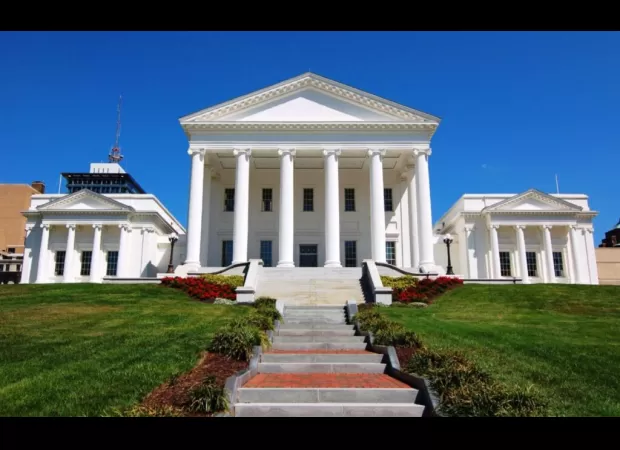Virginia's government has passed a bill to create a commission that will look into the forced displacement of Black communities by public institutions.
Virginia State Legislature acts after Propublica, Essence, and Virginia Center for Investigative Journalism expose universities' displacement of Black and POC families.

In March of this year, the Virginia State Legislature made a significant decision by agreeing to a state budget that would allow for the creation of a commission to investigate the displacement of Black neighborhoods and communities by public institutions, as reported by ProPublica. This move was prompted by a 2023 report by the same publication that shed light on the long-standing issue of Black residents being uprooted by Virginia's public institutions. The commission will also determine if any compensation is owed to those affected or their descendants, according to the bill.
This decision by the Virginia State Legislature was influenced by an investigative series published in 2023 by ProPublica, Essence, and the Virginia Center for Investigative Journalism. The series revealed the troubling history of universities across the country being responsible for displacing families of color. One such example was Christopher Newport University, located in Newport News, Virginia, which erased an entire Black neighborhood. This reporting led to the creation of a task force by city and university leaders in January.
When asked for comment, Christopher Newport University declined to respond to ProPublica, but President William Kelly acknowledged in an internal document shared with faculty and staff that the university's growth has come at a human cost and that they must continue to learn about and understand their complicated history. The university plans to incorporate this information into their orientation sessions, as previously stated by Kelly.
Delores McQuinn, a Democratic Delegate in Virginia, expressed the need for universities to address the harm they have caused to Black communities. She believes it is their responsibility to rectify the injustices that have occurred on such a large scale. McQuinn introduced legislation in January aimed at creating the commission, initially requesting $150,000 a year for its operation, which was later reduced when the bill was added to the state's budget. As a member of the commission, McQuinn hopes it will help repair the damage done, whether through financial compensation, scholarships, or other means.
Rev. Robin D. Mines, a minister in Richmond, testified at a hearing in February that it is the duty of Virginia, and America as a whole, to make things right for the Black communities that have been uprooted. He expressed that the country has gone from violently displacing Black communities to doing it legally, and it is long overdue to take action and bring hope to these communities.
Although the bill was approved by the Legislature, it still needs to be signed by Virginia Governor Glenn Youngkin, who has the power to veto any line items he does not agree with. He has until April 17 to sign the budget and establish the commission, which will consist of 10 legislators, two top education officials, and seven civilians.
Governor Youngkin has not indicated support for many of the bills passed by the Virginia State Legislature. In a statement released after the end of the legislative session, he stated that he believes the bills need more work. He also mentioned that he was sent over a thousand bills and budget proposals that require a lot of attention, but he promised to review and make decisions on them within the next 30 days.
While there is a growing movement for reparations for families impacted by the expansion of universities across the country, there has been little action taken, especially on a federal level. Some states have taken steps towards reparations through scholarship programs, but it is still a rare occurrence.


